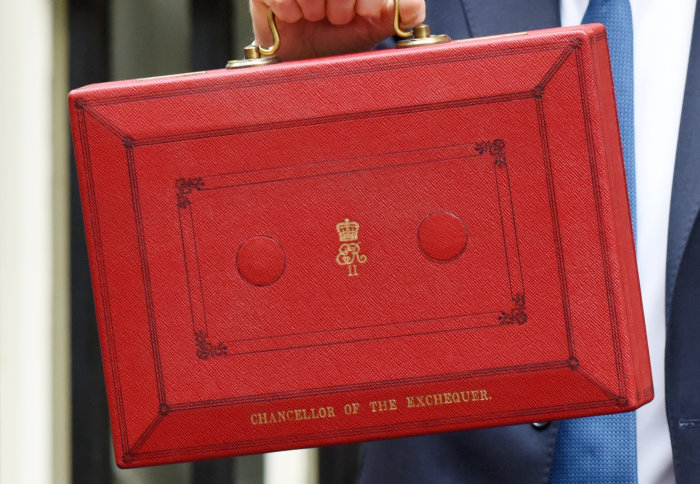Whether you love or hate the product (personally I’m a lover) the recent, now-resolved spat between giant retailer Tesco and the massive Dutch supplier Unilever helps to illustrate the issues of a rapidly falling pound.
The very public fall-out was due to the demand from Unilever that Tesco should increase the prices of many of its most popular brands due to the widening exchange rate between Sterling, Euro and USD currencies. Tesco were extremely reluctant to do so fearing it might set back their own brand recovery as the UK’s largest grocery retailer.
The route cause, a decline in Sterling, is due mainly to the uncertainty following the Brexit vote and the prospect of an EU exit at some future date. What is certain is that we are currently in unchartered waters with no one knowing, be they government, top economists, market makers or fund managers on how Brexit will eventually turn out for the UK, good or bad.
However, we do know that the pound has been sold heavily in recent weeks with the first days of October seeing a significant fall from around $1.30 to $1.24 a week later and still falling.
There is no way of predicting how far it will fall or even recover but it in our view it is likely to be volatile for the foreseeable future.
So what does this mean for us as consumers and investors?
For consumers, some goods may become cheaper but many others (for example those that are $ based – such as fuel and commodities) will become increasingly more expensive. The first of these is already having an impact, it is not purely currency related but also due to the additional factors of a reduction in production to support producer economies.
As we have already observed, some high street retailers are under pressure to increase prices for various goods. While they may be reluctant to implement price rises at this time, we believe it is unlikely they will continue to withstand the pressure long beyond the Christmas period.
We may even start to see a rise in interest rates to a more normal pattern, but any move here is unlikely to be rapid as the hit to consumers would be too great a burden and damage any prospects for growth.
This may sound a bit gloomy, but perhaps counter-intuitively the fall in the value of sterling has given a significant boost to UK based export driven companies, in turn, sending the UK FTSE to new heights as UK goods and services become increasingly attractive for bargain hungry global consumers.
Clearly the health of sterling dominates the headlines, yet it is a modest player in the wider global economy. What’s happening in the US and Chinese economies are the main drivers of sentiment. Geo-political issue such as the imminent US election, and any increase in the proxy war between the US, its allies and Russia or a state sponsored cyber-attack could all unnerve equity markets, while an increase in interest could also harm bond markets. Again a bit alarming, but any of these events or indeed unknown events could cause periods of volatility.
While its always difficult to predict what might happen, we do know it has been an eventful year to date and overall our investors have enjoyed the jam by experiencing good positive returns.
The cool logic we apply in managing risk and chasing markets has served our clients well and we believe will continue to do so by remaining risk aware in uncertain times.








